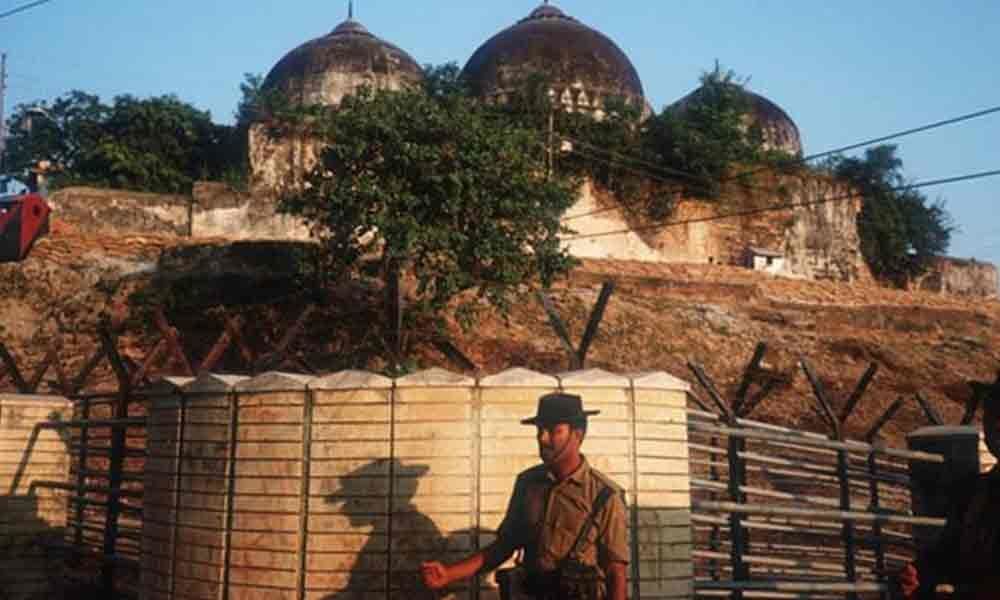Mosque built on temple ruins not valid under Shariat
 Mosque built on temple ruins not valid under Shariat
Mosque built on temple ruins not valid under ShariatOn the sixth day of hearing in the Ayodhya case, the Ram Lalla Virajman counsel claimed there is enough archaeological evidence to establish that the mosque was built on temple ruins, and if it is so, then Shariat law would not recognise the structure as a mosque.
New Delhi: On the sixth day of hearing in the Ayodhya case, the Ram Lalla Virajman counsel claimed there is enough archaeological evidence to establish that the mosque was built on temple ruins, and if it is so, then Shariat law would not recognise the structure as a mosque.
Senior advocate C.S. Vaidyanathan, the counsel representing deity Ram Lalla Virajman, informed the court that the basis of his claim originated from various travelogues and sketches prepared by foreign travelers where a distinct image of a place revered by Hindus, for its immemorial divinity, has been identified in Ayodhya.
He pointed out that the travelogues of foreigners such as Joseph Tiefenthaler (early 18th century Jesuit missionary), Montgomery Martin (both British surveyors) and English merchant William Finch and others, establish historical evidence of people having faith in Lord Ram at a particular site in Ayodhya. These foreigners were never under any compulsion to lie, he said.
"If a mosque is built on the ruins of a temple, it cannot be a valid mosque", Vaidyanathan argued, stating it is against the Muslim belief.He cited a travelogue written by English merchant William Finch, (1608 - 1611), who during his visit in India, documented how Hindus believed Ram was born in Ayodhya, and that there was also a fort.
"Finch''s travelogue published in the book ''Early Travels to India'', documents Hindus believed Ayodhya was the birthplace of Lord Ram, he told the court.
















